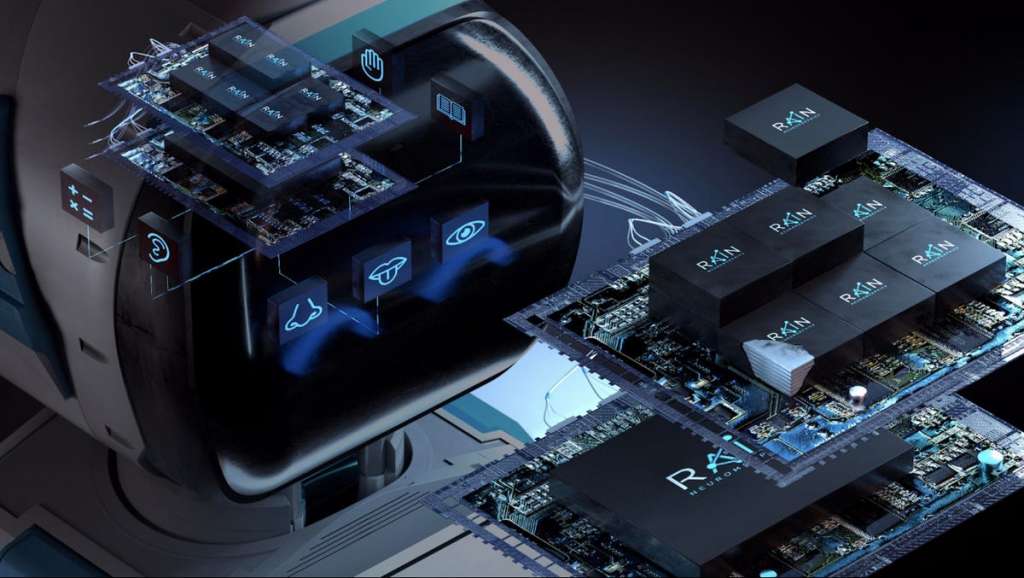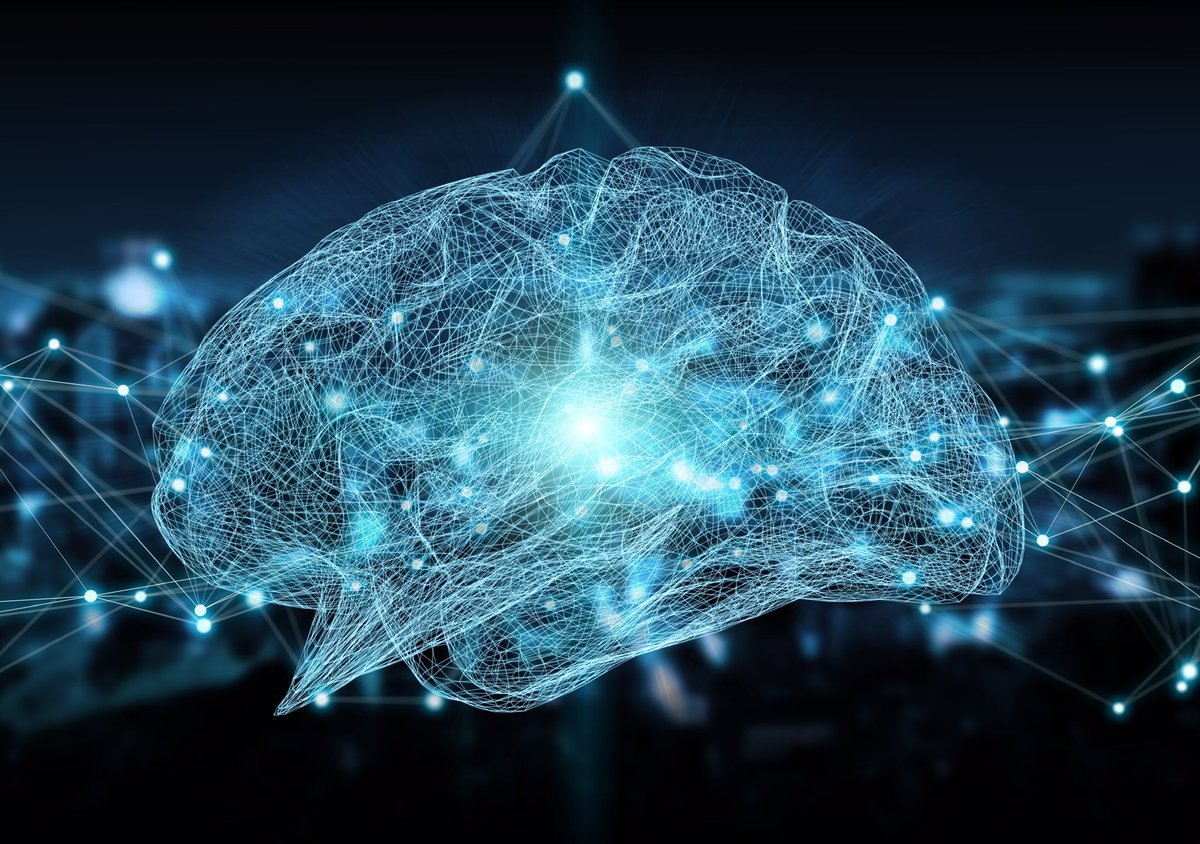Share This Article
Rain Neuromorphics microchips that mimic brain function
The startup Rain Neuromorphics received $25 million in funding, led by Prosperity 7 Ventures and Aramco Ventures. The startup develops microchips that mimic the brain. Rain’s products are useful to businesses that use algorithms based on artificial intelligence.
The company plans to use the investment to hire more engineers. Rain also plans to move into a new stage of microchip development.
The company’s solution is unique because it can reduce the cost of developing new models of artificial intelligence. In addition, the representatives of Rain hope that the neuromorphic approach developed by them will make it possible to create a unified network based on AI in the future.
Most AI chips currently under development are digital. Rain, however, is taking a different route, using analog technology. The point is that analog chips have a greater capacity to process information. While the digital version reads a limited number of values, the analog version can decode additional data, including sound waves.
In addition, Rain focuses on the study of the brain, the principles of how it works. Thus drawing inspiration for the creation of a new computational mechanism. By developing neural circuits, it is possible to significantly improve the efficiency of chips.

Currently, NVIDIA is the market leader in the chip market, but Rain wants to change the balance of power by introducing next-generation microchips.
In October 2021, the startup unveiled its prototype processor based on the principles of brain function. The chip consists of 10 thousand digital neurons and will work with a 180 nm processor. The purpose of its creation is to reduce technological operations and the possibility of scaling them up. This approach will effectively solve problems related to artificial intelligence technologies. At the same time, the processes can be carried out with low power consumption and high cognitive functions.
The human brain consists of a network of about 90 billion neurons. The base of each one is a cluster of dendrites, which transmit impulses. Thanks to this mechanism, neurons can respond to various stimuli. For a neuron to respond, it needs the average of all the signals transmitted by the dendrites. This makes the functioning of the brain similar to that of an analog computer.
In addition, biochemical reactions take place in the body, which also affects the processes in the brain. Such a scheme is extremely difficult to replicate, but Rain was able to mimic the interaction of dendrites with neurons as much as possible in his chip. Emphasis was placed on brain performance and saving time.
According to the developers, the first generation of chips will identify speech, language, and other content, while consuming less than 50 watts.

